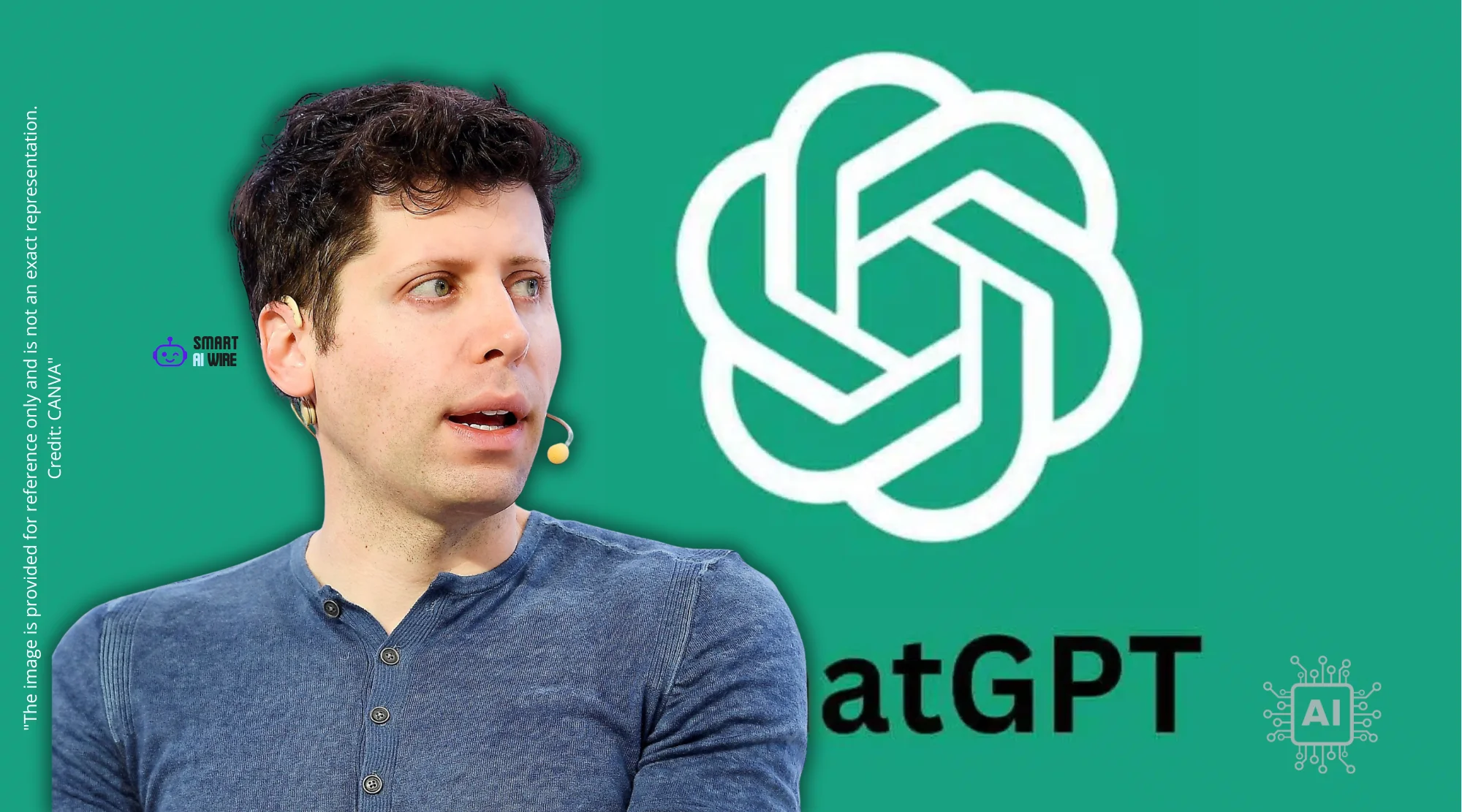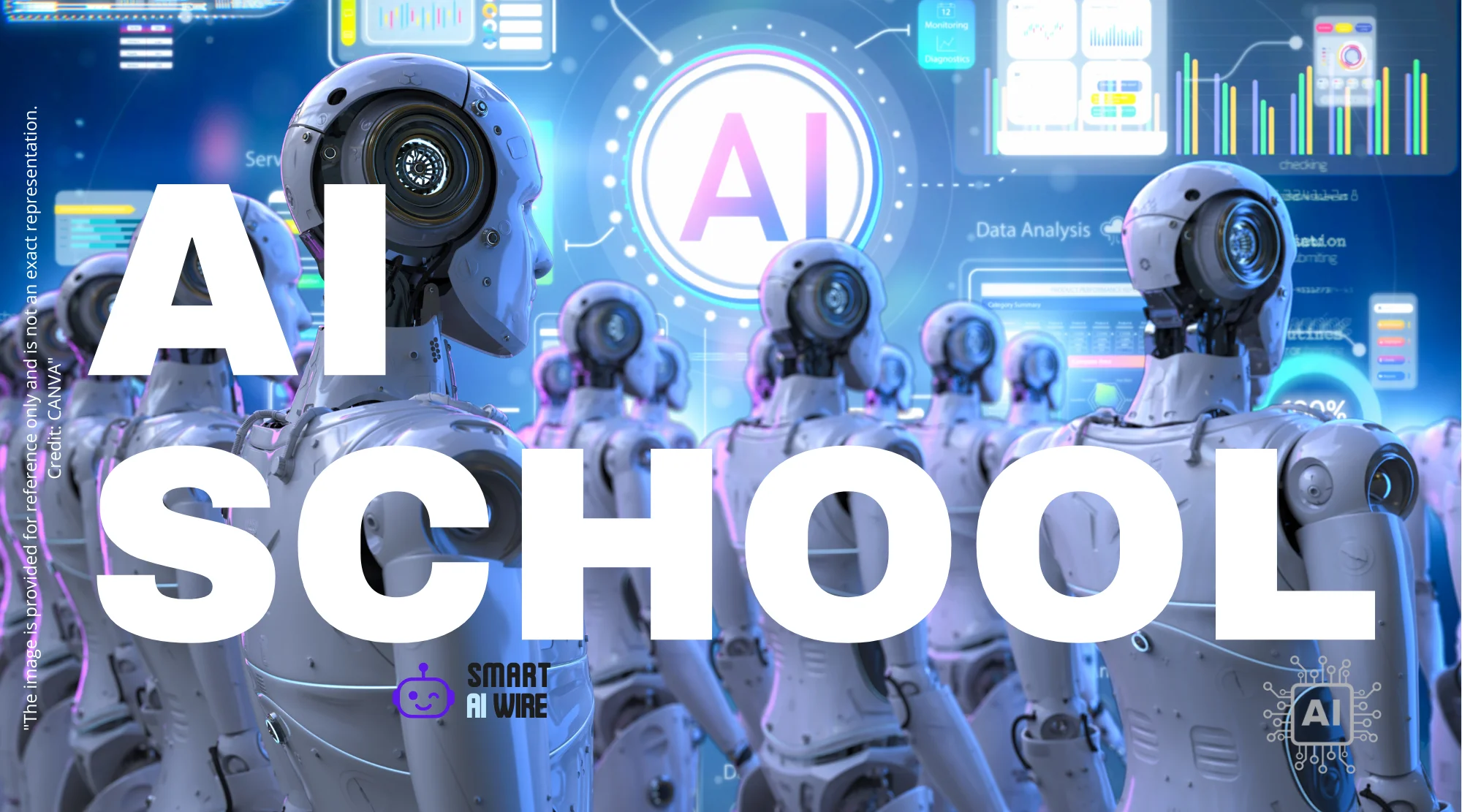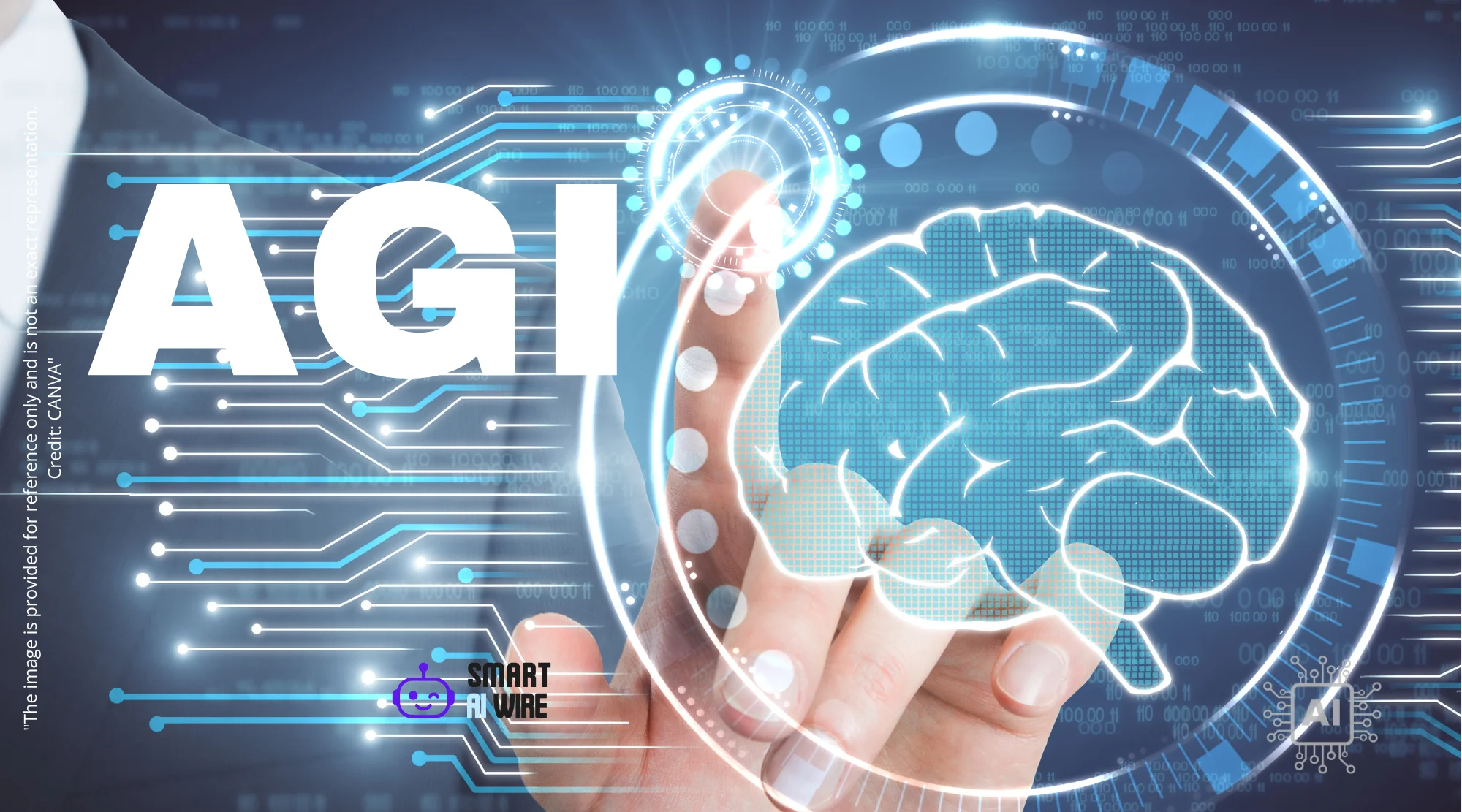The rapid advancement of artificial intelligence (AI) is sparking both excitement and uncertainty about its impact on our lives. OpenAI CEO Sam Altman recently shared his perspective on the future of AI, particularly focusing on the capabilities of GPT-5 and its potential to revolutionize various sectors. Altman emphasizes that while AI’s impact will be transformative, the true direction hinges on how individuals and businesses choose to leverage these powerful tools. Will AI replace human thought, or will it augment it, leading to unprecedented innovation and progress?
GPT-5: A New Era of AI Capabilities
Sam Altman’s insights into the forthcoming GPT-5 highlight a significant leap in AI capabilities. He suggests that GPT-5 will be able to answer virtually any complex scientific or technical question with remarkable accuracy. This capability represents a fundamental shift in the relationship between humans and machines. No longer just a tool for generating text or automating simple tasks, GPT-5 has the potential to become a powerful partner in problem-solving and discovery. This leap in capabilities could have a transformative impact on industries ranging from scientific research to technological development. For example, AI can be used in cybersecurity, check out more here: https://smartaiwire.com/ai-in-cybersecurity-novel-ways-ai-is-protecting-your-business/.

Augmenting Human Thought, Not Replacing It
A key theme in Altman’s discussion is the importance of using AI to enhance human intellect rather than to replace it. He observes that some individuals use tools like ChatGPT to avoid thinking critically, while others harness them to think more deeply and achieve greater things. Altman expresses hope that AI development can be guided in a way that encourages more people to expand their minds and push the boundaries of human knowledge. This perspective underscores the need for responsible AI development and education, ensuring that AI serves as a catalyst for human potential.
AI’s Rapid Advancement in Complex Tasks
Altman illustrates the rapid progress of AI in complex problem-solving by pointing to its performance on challenging mathematical tasks. He notes that AI models have gone from solving high school-level math problems in seconds to achieving gold medal-level results on tests that challenge even professional mathematicians. This remarkable progress highlights AI’s ability to quickly learn and master complex skills, suggesting its potential to accelerate advancements in various fields. To keep learning about advancements in AI, take a look at: https://smartaiwire.com/google-ai-plus-expands-democratizing-ai-for-global-innovation/.
The Timeline for Scientific Breakthroughs
Altman anticipates that AI will make a significant scientific discovery within the next two years. However, he acknowledges that the definition of “significant” is subjective, with some experts predicting such a breakthrough as early as 2025 and others placing it closer to the end of 2027. Regardless of the exact timeline, the expectation that AI will contribute to major scientific advancements in the near future underscores its growing importance in research and development.
The Limits of AI Reasoning and the Need for New Data
Despite AI’s impressive capabilities, Altman recognizes its inherent limitations in pure reasoning, particularly in the realm of scientific discovery. He suggests that simply processing existing data may not be sufficient for solving fundamental problems in fields like physics. Instead, he believes that breakthroughs will require new instruments, experiments, and data collection, emphasizing the ongoing importance of human ingenuity and experimentation in scientific progress.
AI: Superhuman in Short Bursts, Human in Long Marathons
Altman draws a distinction between tasks that AI can accomplish in minutes and those that require thousands of hours of human effort. He suggests that AI systems may be “superhuman” in short, focused tasks but still have a long way to go in handling complex, long-term projects. This distinction highlights the unique capabilities of human intelligence in sustained effort, creativity, and critical thinking, suggesting that AI and humans will continue to play complementary roles in the future.
Navigating the Future with AI
The insights shared by Sam Altman offer a glimpse into the transformative potential of AI and its evolving impact on our lives. As AI continues to advance, it is crucial to approach its development and deployment with careful consideration, ensuring that it serves to augment human capabilities, drive scientific discovery, and address global challenges. By embracing AI responsibly and fostering collaboration between humans and machines, we can unlock its full potential and create a future where technology empowers individuals and strengthens society. As the future of AI continues to unfold, it’s important to look at how AI is changing business: https://smartaiwire.com/ai-agents-revolutionizing-business-operations-and-efficiency/.
In conclusion, Sam Altman’s perspective underscores the importance of embracing AI as a tool to augment human intellect, drive scientific discovery, and address global challenges. The future of AI’s impact hinges on our collective choices and how we choose to leverage these powerful technologies for the betterment of society.



